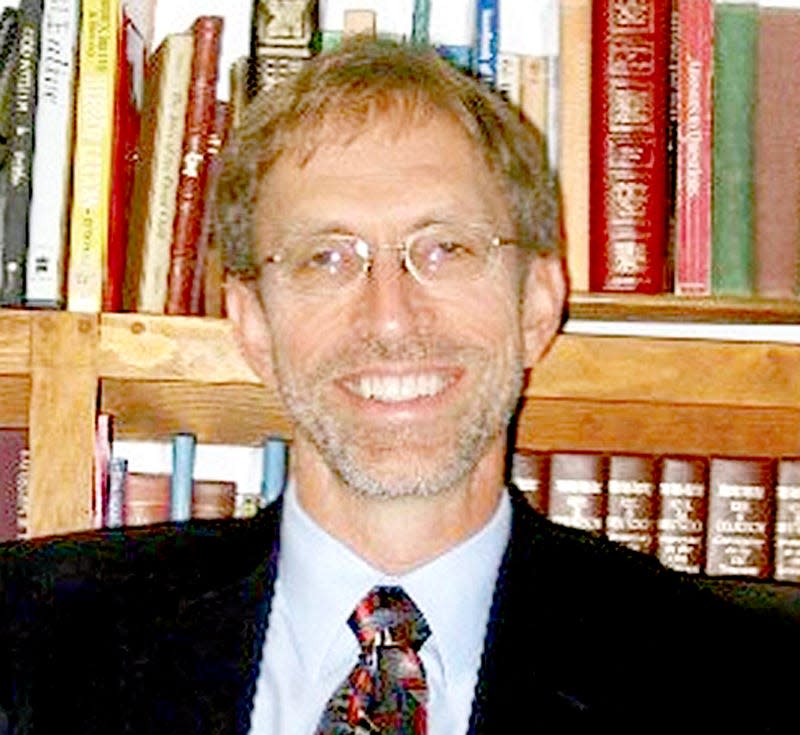Abortion: Important, but not ultimate
Roe v Wade has finally and, from a constitutional perspective, quite rightly been undone. This is what pro-life activists have campaigned for, prayed for, and dreamed of since the Supreme Court’s ruling early in 1973. Dismantling Roe has been the goal, the brass ring, the grand prize.
Many people within the pro-life movement have dedicated their lives to overturning Roe. Abortion has been, for them, the epitome of evil and the symbol of all that was wrong with America. If only Roe could be overturned, they believed, all would be well.
After nearly 50 years, they have got their wish, but evil has not been banished and America is still not right. The Court made the right decision, from my perspective, in overturning Roe. But instead of ending abortion, the Dobbs ruling simply moved the fight to the states, where it is being waged more heatedly than ever before.
After the Dobbs’ ruling was announced, abortion rights activists warned that no woman is safe in America. They vowed to fight on in the courts, in state legislatures, and in the Congress of the United States. It is ironic that, in 1973, these same activists or their predecessors felt that they had grabbed the brass ring, had won the grand prize.
Human beings have a habit of taking one issue and making it the be-all, end-all of human wellbeing. But brass rings are not worth as much as we think, and rarely is the grand prize as grand as we imagine. This is true whether one is a conservative or a progressive, a pro-lifer or an abortion rights activist.
There is a memorable line early in The Book of Jeremiah. The biblical prophet expresses God’s dissatisfaction with the people he has made and redeemed: “My people have committed two sins,” he says. “They have forsaken me, the spring of living water, and have dug their own cisterns, broken cisterns that cannot hold water.”
In arid Israel, with its seasonal droughts, cisterns were important. Water stored during the rainy season would be needed when things got dry. But a broken cistern would not hold water. It would dismay and disappoint eventually.
When people ascribe ultimate meaning to penultimate things, they set the stage for their own disappointment and disillusionment. They also set themselves up to be manipulated by those for whom their cause is an instrument of self-promotion. This has certainly been the case on both sides of the Roe debate, where politicians mouth their fiery rhetoric with one eye on their base and the other on the latest poll.
This is not to say that issues like abortion are unimportant or that people should not take a principled stand - quite the contrary. I am opposed to abortion. My wife has gone further. She, along with many others, has worked to help people who are pregnant. They don’t guilt people or manipulate them, the way someone might who merely stood for an issue. Instead, they stand with the people and love them.
Abortion, it is important to understand, is one symptom of a larger problem, a branch but not the trunk. Even if the branch needs to be cut, only a fool would stand on it while they sawed. And the idea that cutting one branch will bring down the tree is pure fantasy.
This penchant for mistaking penultimate things for ultimate ones goes back to the dawn of human history. God, in the Jeremiah passage quoted above, says that people have committed two sins, not just one. It is true that they have dug cisterns that don’t hold water. But that is what people must do when they have left the spring of living water, when they have walked away from God himself. That was the original sin, the foundational error. The broken cisterns are secondary; they are branches, not trunk.
With humans displaced from God (and, therefore, from each other), secondary errors are unavoidable. In the absence of God, humans invest penultimate things – many good and necessary in themselves – with ultimate standing, to their own detriment. As G. K. Chesterton noted long ago, “When a man stops believing in God, he doesn’t then believe in nothing; he believes anything.”
Shayne Looper is the pastor of Lockwood Community Church in Branch County. Read more at shaynelooper.com.

This article originally appeared on Sturgis Journal: Opinion
